News 12/4/12
The HHS’s Office of Inspector General finds that physicians facing Medicare claims denials have a good chance of having such decisions overturned. In 2010, administrative law judges ruled in favor of all appellants 56 percent of the time; health professionals won their appeals 61 percent of the time.
Ophthalmic Consultants (MA) adopts the Professional Charge Capture solution from MedAptus.
Children’s Hospital of Central California will implement athenaClinicals, athenaCollector, and athenaCommunicator across its 127-provider system.
Emdeon adds former Allscripts Chairman Philip Pead and former Harris Corp. CEO Howard Lance to its board of directors. Each will receive a $100,000 annual retainer plus stock options.
AMA Board Chair Steven J. Stack, MD says his organization opposes pre-payment audits for EHR incentives as proposed by the Office of the Inspector General. The OIG called for more oversight of the MU program, but the AMA believes that pre-pay audits would “impose additional burdens on physicians who already face separate program requirements for multiple Medicare health IT and quality programs.” Stack goes on to say that AMA supports requirements for certified EHRs to produce compliant and accurate report documents for attestation. I tend to think AMA is a bit extreme with its constant opposition to various initiatives, but I think they have it right on both of these points.
GW Medical Faculty Associates (DC) chooses SA Ignite’s MU Assistant for automated MU reporting with its Allscripts Enterprise EHR.
Spring Medical Systems aligns with Clinigence to provide SpringCharts EHR customers with an analytics solution to measure and visually represent clinical quality, patient outcomes, and costs. By the way, Mr. H recently interviewed Clinigence founder and CEO Kobi Margolin.
The New York Times looks at healthcare consolidation, the shift from independent to hospital-employed physicians, and some of the growing conflicts within healthcare communities. Many employed physicians admit to feeling pressured to refer only within the system and to meet the financial goals of their hospital, even if that means performing unnecessary tests and procedures or admitting patients who do not need a hospital stay. Meanwhile, independent physicians complain of declining referrals from their hospital-employed peers and higher prices for patients seeking treatment or testing at hospital facilities. The bottom line: many stakeholders are skeptical that consolidation will result in better quality and more cost-effective care.
Anthem Blue Cross and Blue Shield (VA) signs up six large physician groups to participate in a primary care initiative aimed at improving care coordination. The practices, which represent 16 percent of Anthem’s total reimbursement to the primary care physicians in Virginia, will receive financial incentives and resources to build the necessary infrastructure for the new care model.



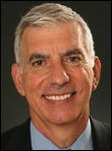



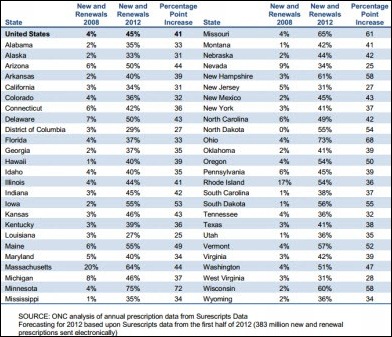

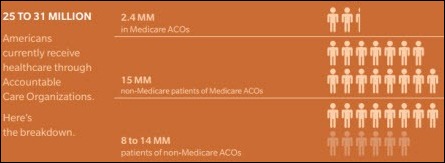






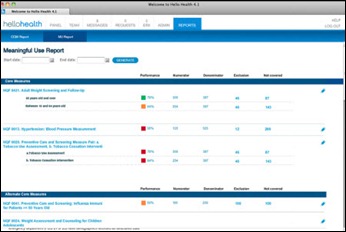



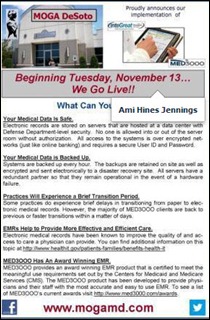
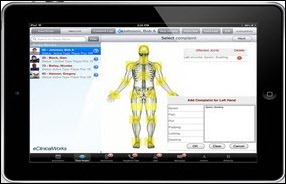
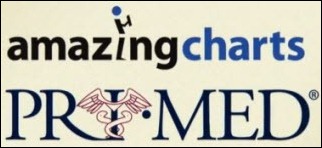
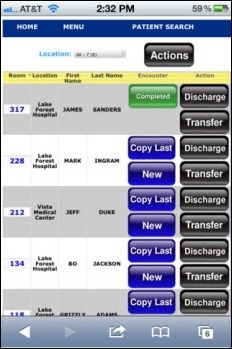

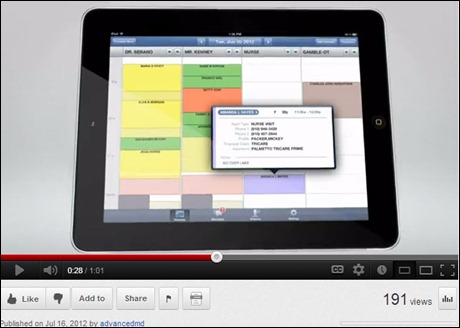
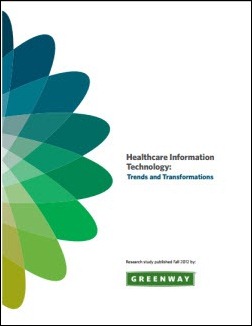
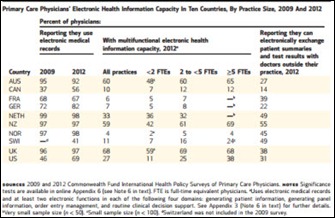

Re: Walmart Health: Just had a great dental visit this morning, which was preceded by helpful reminders from Epic, and…